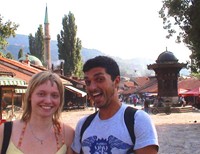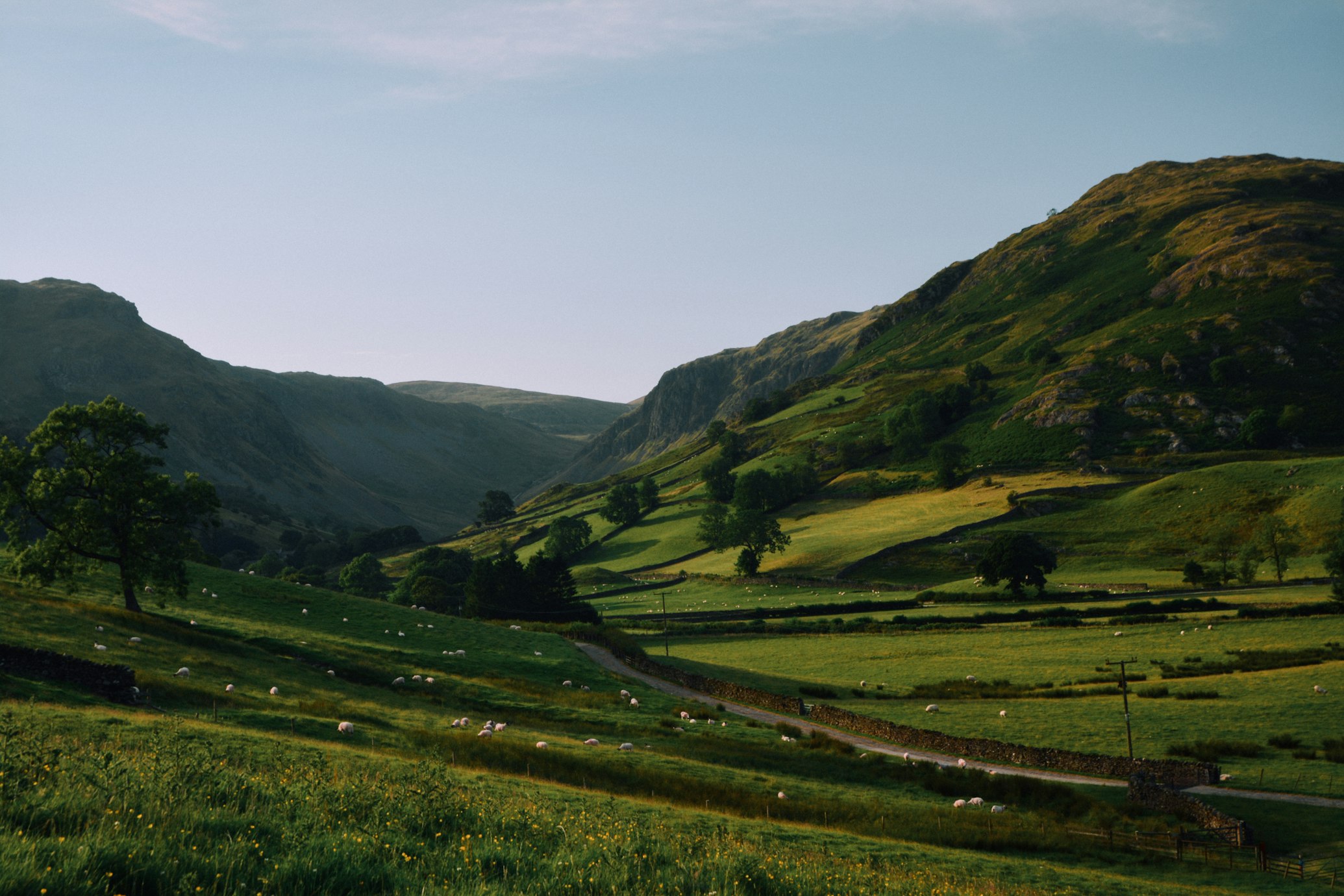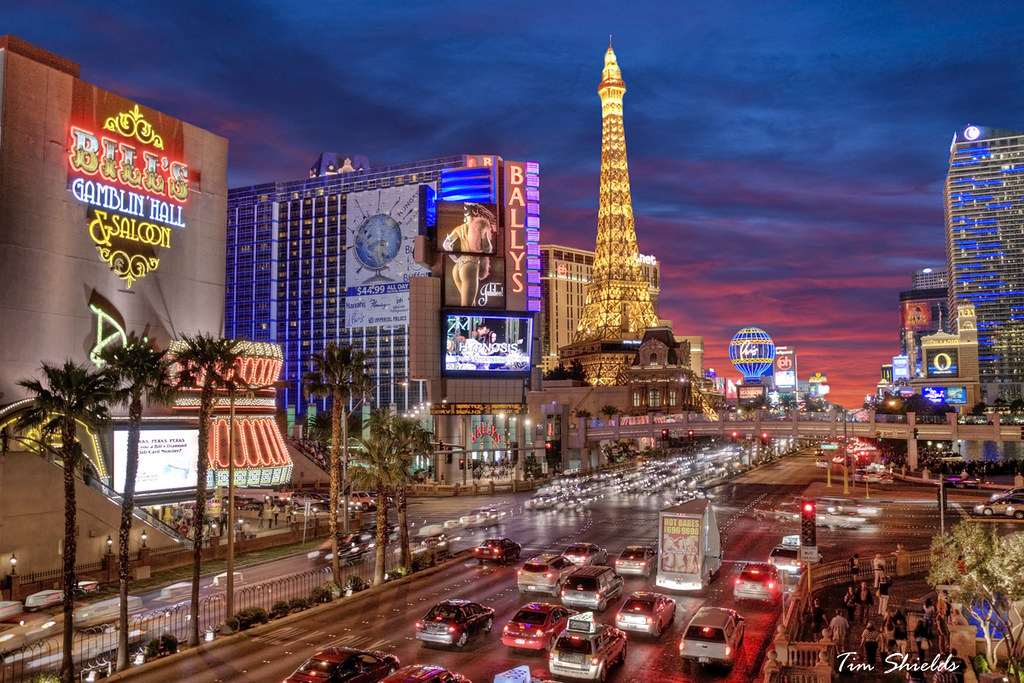I guess Yugoslavia wasn't a long enough name for these guys, so they called their country Bosnia-Hercegovina.
What's with the long name?
Back in the 15th century Herceg (Duke) Stjepan Vukcic ran the show. So they named Hercegonia after him. I guess Hercegonia is a better than a literal translation which would be "Dukeland."
I'm not sure how Bosnia came up with its name, but the country is made up of these two regions. Hence, Bosnia-Hercegovina, or just Bosnia for lazy people like me.
Now Bosnia gets its two cents
If you managed to read my last book, I mean, email, then you have a bit of a background on what happened in Bosnia. After visiting Serbia, I figured I'd now get the Bosnian perspective. This story is so complicated, but I'm determined to understand it and hear all sides. Just getting to Sarajevo (the capital of Bosnia) was a lesson in the aftermath of the war.
I had to pay off a bus driver in Belgrade, Serbia to get on the bus. Earlier that day I had bought a ticket for the 10PM bus. Turns out the ticket seller didn't understand my crappy Serbian and sold me a ticket for the 10AM bus. The bus driver told me to refund the ticket (where I get 90% of the value) and then give him the cash. He pocketed the cash and let me board the overbooked bus.
I sat next to Marco, an Italian polyglot, for the 8 hour overnight ride. Marco, Maria (a Swede), and I toured much of Sarajevo together. When we arrived, we realized that we far from the city center. Kinda stupid, we thought. The reason was that we were in the Serb Republic in Bosnia.
Serb Republic in Bosnia
Near any border, there is almost always an overlap with the neighboring country. For example, many Mexicans live in the US communities that border Mexico. The legal ones are called Mexican Americans.
Same goes for Bosnia. You had many Serbs living in Bosnia. Hence, the term Bosnian Serb. These Bosnian Serbs (who are Christian Orthodox) felt greater affinity to Serbia than to Bosnia (who are mostly Muslim or Catholic). So when Bosnia demanded independence from Yugoslavia, the Bosnian Serbs disagreed and started a war over it.
Slobodan Milosevic, leader of Serbia, was happy to support the Bosnian Serbs, because he wanted to expand Serbia's size. He figured that if Serbs dominate a certain region in Bosnia, then that region should become part of Serbia.
That's like Fidel Castro telling the US that Miami should be part of Cuba, since mostly Cubans live there. OK, to make that analogy work you have to pretend that the Miami Cubans would also want to be part of Cuba. And that's a bit of a stretch of the imagination.
But the Bosnian Serb region wasn't contiguous, so the Serbs (with Milsoevic's support) proceeded to clean out the area of those who weren't like them. Those who were not Orthodox had to go or be killed. That's like the Cubans of Miami forcing out everyone in southern Florida who can't dance well.
The Bosnian Serbs succeeded and today there is a contiguous region that is 95% Serbs. That region is called the Serb Republic of Bosnia. Although part of Bosnia, it is quite independent, yet not part of Serbia.
That's the result of the 1995 Dayton Accords. Why they went to Ohio to settle this Balkan dispute is a mystery to me.
They still don't get along
We thought the bus from Belgrade would put us in the center of Sarajevo. Instead it left us on the outskirts of Sarajevo, which is in the Serb Republic. Why can't they drop us off at the city center? Because the Serbs and non-Serbs still hate each other so much that they can't even share a stupid bus station!
None of the ATMs in the Serb Republic accepted the cards from a Swede, an Italian, and an American. So we took a taxi and paid in Euros to make the final couple of miles to Sarajevo.
Siege on Sarajevo
Sarajevo is beautiful city nestled among mountains. Wood panelled shops line a nice pedestrian street. What makes the city cool is that it's a perfect blend of Muslim, Catholic, and Orthodox religions. For instance, I walked into Christian Churches and while having a drink I heard a Muslim on a Islamic mosque minaret announcing the call to prayer.
I encourage you to visit, especially during the winter. I can see that it was a great location for the 1984 Winter Olympics. Sadly, ten years later Sarajevo would be a victim of the longest siege in the history of modern warfare.
The siege of Sarajevo lasted from 1992 to 1995. It was fought between the forces of the Bosnian government (who had declared independence from Yugoslavia) and Serbian paramilitaries (who sought succession from the newly-independent Bosnia).
An estimated 12,000 people were killed and another 50,000 wounded during the siege. I saw all the new grave stones near the Sarajevo stadium. It's a sobering site.
An average of approximately 329 shell impacts per day during the course of the siege, with a high of 3,777 shell impacts on July 22, 1993. They have painted the shells on the streets, so now they look like flowers.
I walked down "Sniper Alley" where they are still plenty of signs of artillery holes.
This is as close as I've been to a war zone. If you pay attention the war scars still dot the city, but it's peaceful now.
During the siege Sarajevo citizens had to cut down cut down and burned park trees and benches to keep warm during the winter. How did they eat?
The secret tunnel
Using just simple shovels, the Sarajevo civilians dug a 1km tunnel out to the airport to get supplies from the Red Cross. This was the life line to those who were stuck in the city. NATO bombings finally ended the siege. Here's a case when a country was dying for the US to intervene, but we took our time.
The aftermath
In a way, the Bosnian Serbs got what they wanted. The Serb Republic in Bosnia is almost its own country, although they share the Bosnian currency. They evicted all the non-Serbs out of their region. The only thing they didn't get was being able to part of Serbia.
Although the Dayton Accords said that everyone has a right to return to their original house, few do. After all, if you were a Muslim or Catholic would you move into the Serbian Republic of Bosnia after that war? Let's just say you might not feel too welcome.
Meanwhile, the Bosnians returned the favor and forced most Serbs out of the areas in Bosnia where they were a small minority. Those innocent Serbs also aren't too keen to return to their former homes.
All this fighting for basically one reason: religious intolerance. They speak the same language, they look the same, and they're all nice to me.
My education in the Balkans continues....
September 14, 2004




